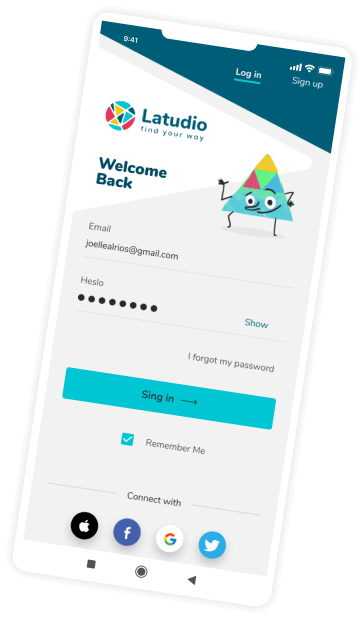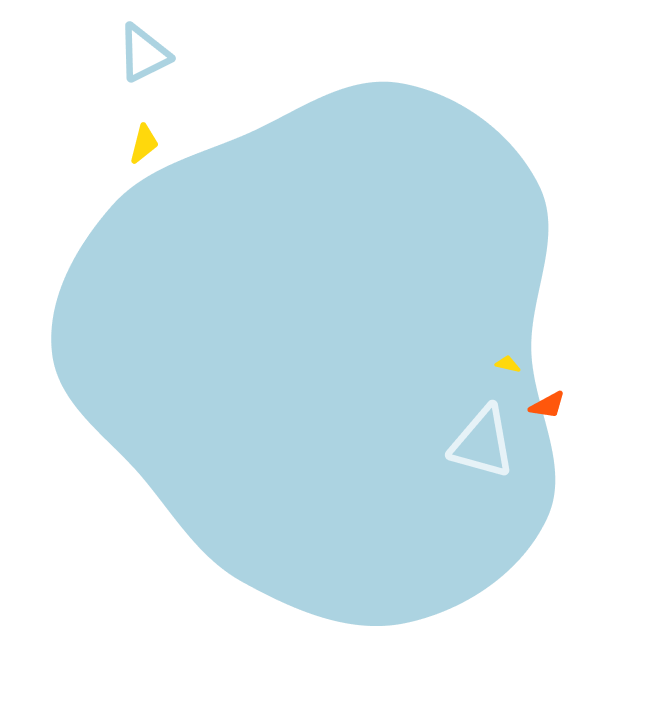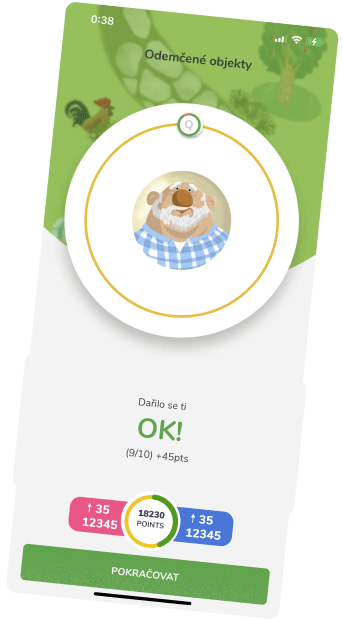An Unexpected Relationship Between Czech Language and Culture
By Mark Shimada
After having lived in Prague for 5 years, I returned to the US. I went into a cafe, and wanted to say “Good day” (Dobrý den) to the woman at the counter. Even after enjoying my tea and pastry, I wanted to say “Goodbye” (Na shledanou) as I left. For a while, I had that impulse when I went into every restaurant, grocery store, cafe, or store.
I felt Czech being in the US. These kinds of moments highlight the cultural differences, which are about language.
American friends have told me that it’s hard to make friends with Czechs. I’d even say there are cultural differences with regard to friendships. Using the language appropriately will give you the chance for a friendship, versus having your texts or emails ignored otherwise. I’ve learned over the years there are some important cultural and language guidelines to succeed in making friends.
Mostly, people in the US are quite friendly. Even after having lived in Prague for such a long time, I still catch myself accidentally being inappropriate.
In our apartment building, there is a young man who is the son of my partner’s friend. He’s always very friendly and says “Hi”. So, wanting to also be friendly and informal, I say “Čau”, but really should have said “Zdravím”, or just “Ahoj”. My brain is just used to being friendly, instead of following cultural norms. So, now I’m probably labeled as “that American upstairs,” instead of “Mark.”
In this one situation, you can decipher the cultural norms about greetings, called “tykání” (informal) and “vykání” (formal). But beyond those language norms, the other really important part is context. What situation are you in? It takes both. Being mindful of the context and the appropriate language, you earn respect and you’ll feel part of the culture.
The silver lining is that when you’re not so immediately friendly, you end up taking time to build the friendship. Once your friendship gets to using informal greetings and language, it’s likely that you could be friends for the rest of your life. But, to get that chance, cultural norms and context matter.
Which Greeting and When?
In starting to make friendships, the first norm is about age, who is younger and who is older. I knew about using “Dobry den” and “Na shledanou” with older people and people I didn’t know. But it wasn’t so clear when it came to making friends who are either younger or older.
First encounters with anyone in any public setting, always use “Dobrý den” and “Na shledanou”. Period. (Note: You even say it when you enter bars and clubs.) It’s polite and respectful, and it shows you can at least pronounce and speak a little Czech. This is especially important in grocery stores, restaurants, cafes, public venues, and malls.
After the first encounter, if it’s an older person, I would keep using those phrases. Even with the parents of friends, I still use those phrases. It’s respectful. If and when they start saying “Ahoj,” then I would follow their lead. When your Czech language gets good enough, you could even be asked to be more informal, using the verb “tykat si”. If your Czech has gotten to this level, you’ve really arrived and become part of the culture. But until then, just stick with being respectful with people older than you or with strangers.
After the first encounter, if it’s a person your age or younger, I’d still use those phrases, until you feel that you’ve really gotten to know each other. Then, once you feel you have, use “Ahoj,” even before the other person encourages you to do so. In this case, it is safer to start using “Ahoj” if you want.
With these language norms, it’s important to not let the language change who you are. Being formal doesn’t mean you have to be less friendly. It’s just a level of cultural appropriateness, while still being friendly-you.
But, even if you feel your friendship is at the level where you’d use “Hey” in the US, avoid using “Čau.” I only use “Čau” when the other person does first. That way, I know it is acceptable. In fact, with many of my friends, we go back and forth between “Ahoj” and “Čau.”
“Čus” is one more phrase that you might hear among young friends. It’s really, really informal. Here again, I’d go by how others greet you. If they say that, then follow their lead and use it, too. If not, then don’t try to be more friendly by using it. It’s not how Czech culture works. Friendship is more earned and gained, rather than a given.
Based on the form of greeting, of course, you have to follow the grammar rules for “tykání” (informal) and “vykání” (formal), again depending on the age and context. With people older than you, or in public places, “Dobrý den” means you always use “vykání”. With “Ahoj” you use “tykání”.
I’ve not yet had friendships where I myself want to change the relationship from vykání to tykání. What I’ve observed is that my partner has initiated this on occasion. I don’t speak Czech well enough to feel confident to do it on my own yet. Until then, my advice is to let the other person lead you. When they change to informal, you can change.
Developing friendships with Czechs is different than when I was in the US. Most of my closest Czech friends resulted from weekly language exchanges.
Latudio has helped me with my listening comprehension, to understand what they say, so I can practice speaking. Practicing speaking isn’t so hard, but listening and understanding better is always good for making friends.



















